|
In order to make learning more fun and engaging, sometimes students are asked to do projects at the end of a unit with the only aim of receiving a grade. The result is that students don’t feel very engaged with what they have to do because the projects follow the directions of the teacher, they are not personalized and don’t teach anything new to the students. But what if we implement projects in a way that is fun and motivating for students, and at the same time efficient for the teachers? With this question in mind, the new edition of the course “Introducing Project Based Learning in the Classroom” took place in Palermo from 16/07/2023 to 22/07/2023. The participants came from all across Europe, with Mariann and Zsolt coming from two different schools of Hungary, Pasaréti Szabó Lőrinc Magyar-Angol Két Tanítási Nyelvű Általános Iskola és Gimnázium and Tisza-parti Általános Iskola, respectively; Michaela from Stredni skola a Vyssi odborna skola, Koprivnice, Czech Republic; Klara and Björg, from Reykjavik University, Iceland; Helena and Leana, from Merivälja Kool, Estonia; Begoña, from IES Montesclaros, Spain; Andreja and Kata, from Srednja frizerska šola Ljubljana, Slovenija; and Antonio and Ana Isabel, from Colegio FEC Santa Joaquina de Vedruna Murcia, Spain. On the first day of the course, we started looking at what Project Based Learning (PBL) and its main characteristics. The participants watched some case study videos of their interest and focused, in particular, on the 5 key elements of good PBL, recognizable in the videos. They came to the conclusion that PBL is connected to real-world problems, it’s the main part of the learning process and it is personal. For all these reasons, it is not like doing any regular project. From there, we started to approach the planning of a PBL project step by step, starting from the preparation of the class. Through many practical and sharing activities, our teachers understood the importance of equipping their students with the right skills and attitudes, aimed at building a culture of creativity and inquiry and fostering collaboration and teamwork skills. The second step was the definition of the Learning Outcomes and the use of the “Backward Designing”. Our teachers discovered that in PBL the focus is always on the student and they should start focusing on what the learner will learn, and not on what the teacher will teach. Then, they started connecting the outcomes of their projects to the assessment measures and also to the activities they were going to implement. The third step was focused on the creation of the Driving Question and project details. The thing that guides PBL from the very beginning is the so called “Driving Question”, the catalysis of the students’ learning. In the attempt to find a solution to the challenge/problem posed in the driving question, students conduct research and inquiry that would lead them to acquire knowledge on the subjects involved. Later on, we focused on some ICT tools in support of Project Based Learning. Our participants had the opportunity to practice some of the tools that can be very useful in the development of a PBL project, for creating something during or at the end of the project. Finally, we focused on the different Assessment forms. In this part of the training course, we looked at the difference between formative and summative assessment, and how the first one is actually more useful and important than the second one when monitoring students’ progress. For this reason, we explored different ways of doing formative assessment and we also looked at the importance of peer assessment, students giving informed feedback to one another. During the entire week, the participants had the opportunity to plan and design their own PBL projects step by step, individually or in small groups. At the end of the week, everyone was very proud to present the project and, most of all, everyone was looking forward to trying PBL when back to work in their classes. Discover more about this course here.
|
Welcome to the ELA Blog. Here you will find articles and photos of our courses and have a look at the topics addressed during the week in Bologna, Palermo and Tenerife. You will also have the chance to take a peek at our projects and check out what we have been up to.
Archives
July 2024
Categories |
-
Course catalogue
- 2023-2024 course catalogue
- Soft Skills >
- ICT and New Technologies >
- Inclusion and Diversity >
-
Innovative Teaching Methods
>
- Innovative teaching methods discovery
- Non-formal education teaching methods
- Dual education and work-based learning
- Teaching leadership and entrepreneurship
- Project based learning
- Game based learning and gamification
- Green skills
- Outdoor education
- Outdoor education trekking edition
- Promoting creativity and critical thinking
- Languages and EU projects >
- Preschool >
- Erasmus Plus KA1
- What we do
- About us
- Locations
- Blog
- Contact us
 English
English български
български Čeština
Čeština Español
Español Français
Français ελληνικά
ελληνικά Italiano
Italiano Polski
Polski Português
Português Română
Română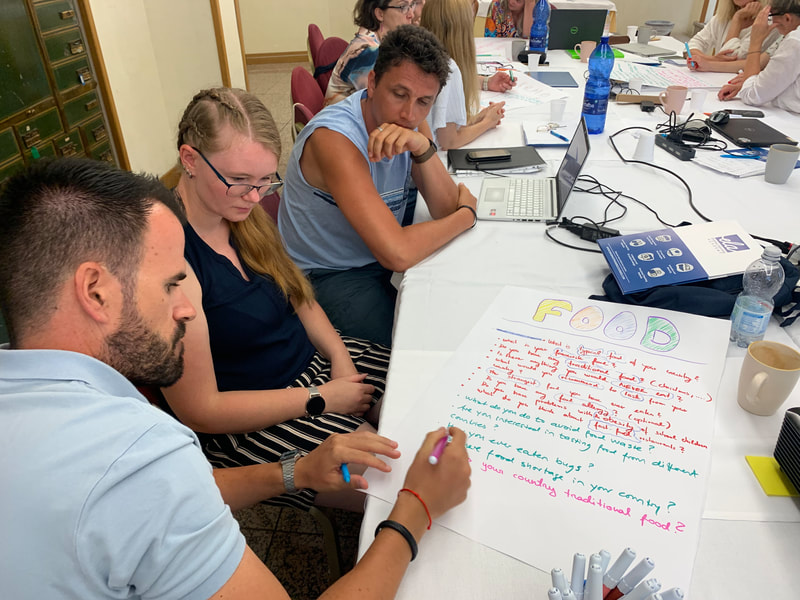
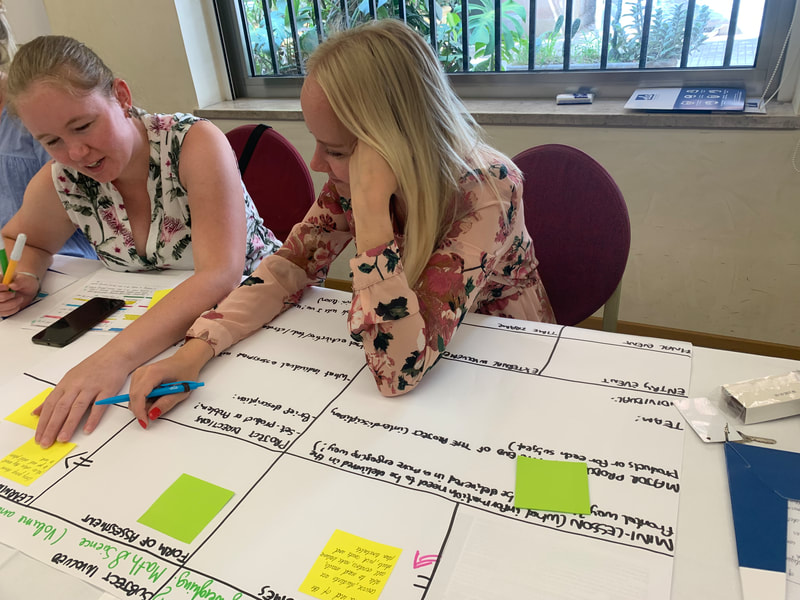
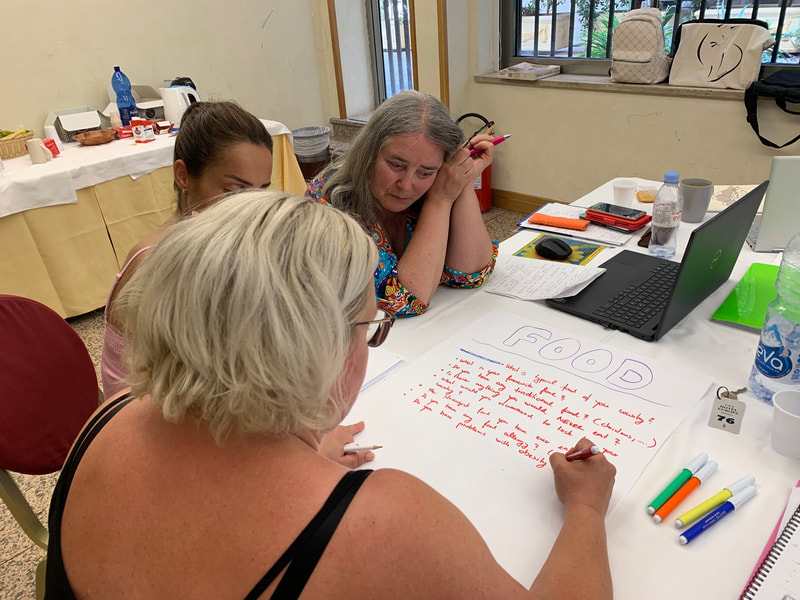
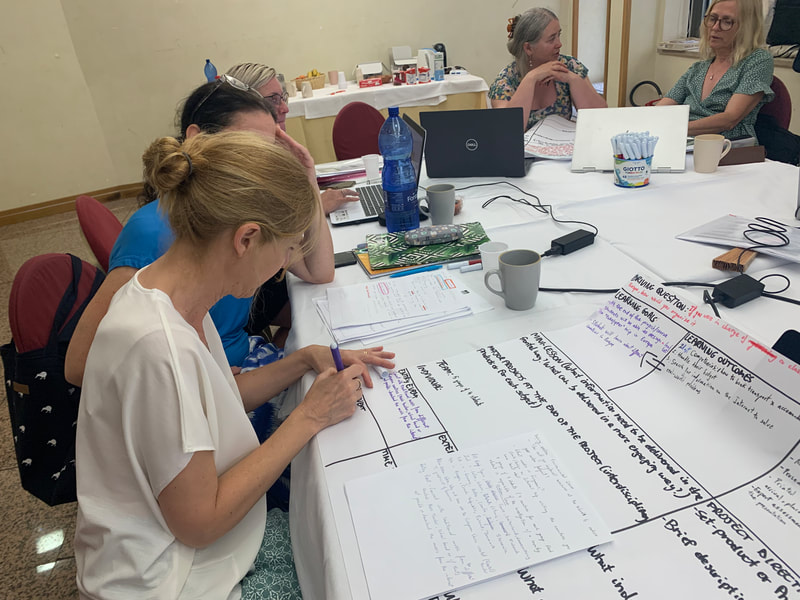
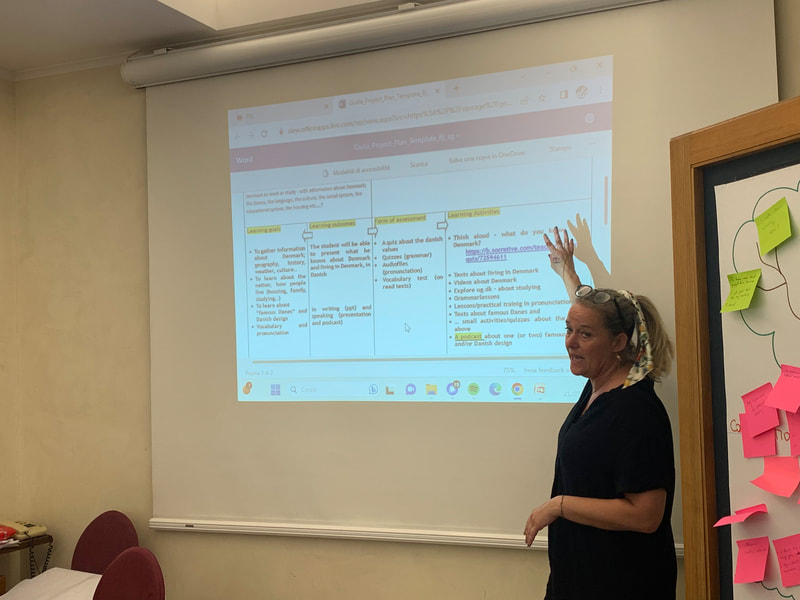
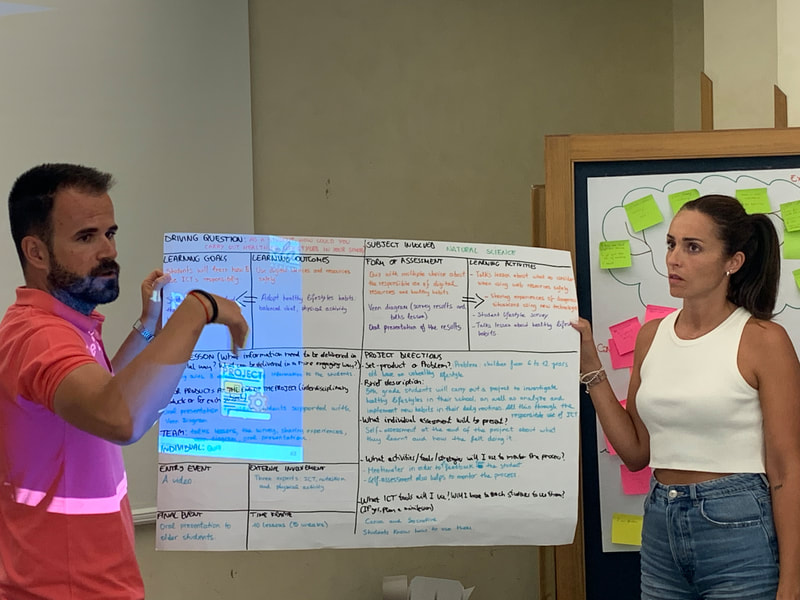
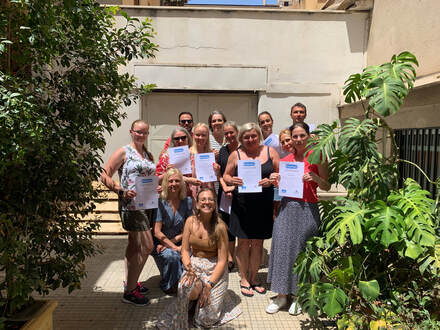
 RSS Feed
RSS Feed









